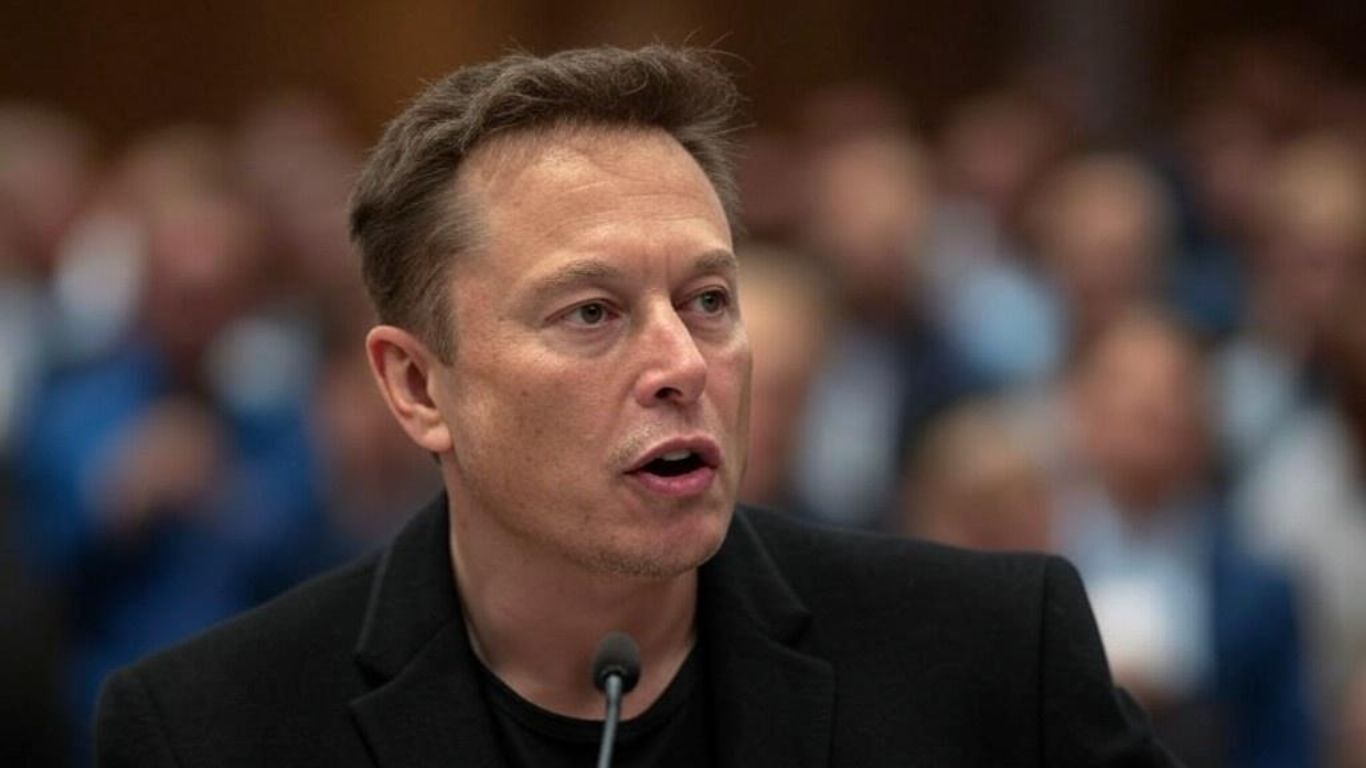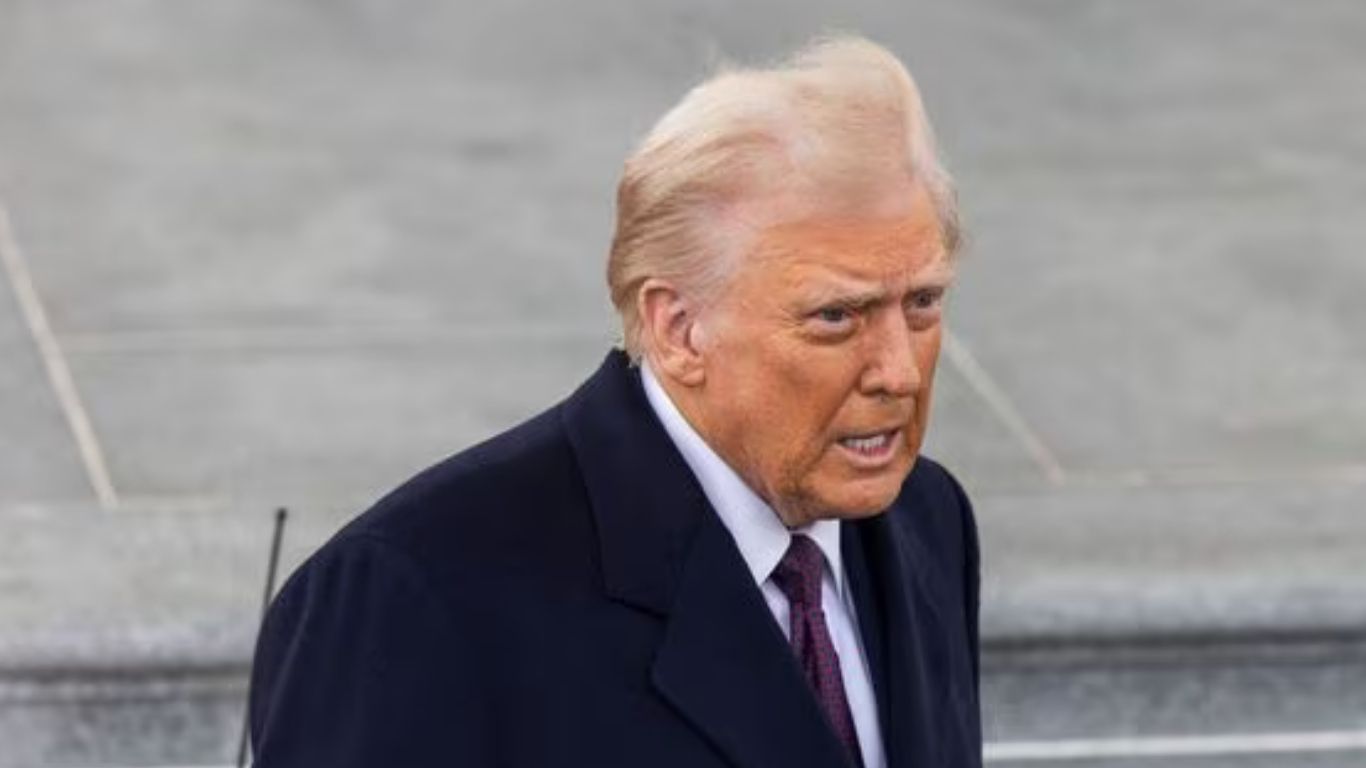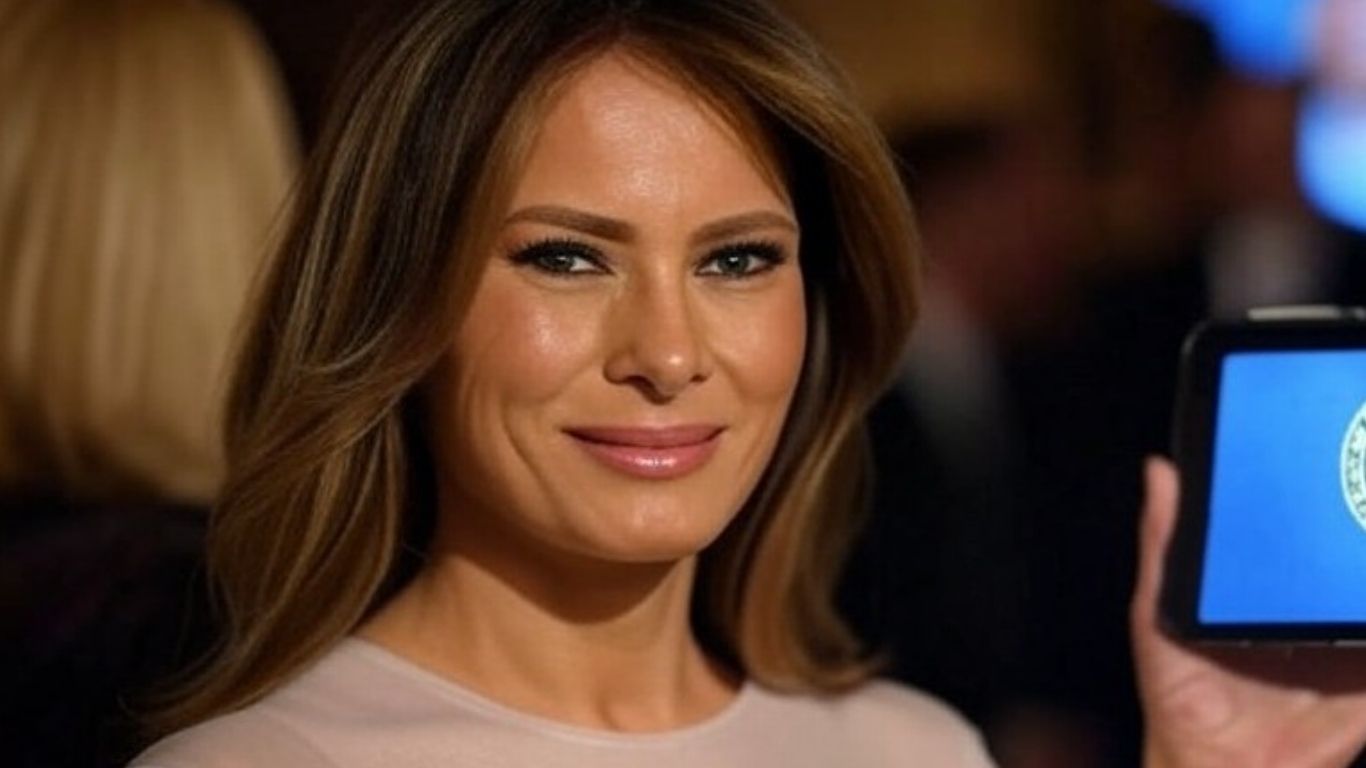US billionaire Elon Musk has stirred a political storm in Germany by publicly endorsing the far-right Alternative for Germany (AfD) party in the run-up to the country’s federal elections scheduled for February. The Tesla CEO’s remarks have ignited debates over the boundaries of free speech and foreign influence on democratic processes.
Musk’s Endorsement of AfD
In a commentary published in Welt am Sonntag, a prominent German newspaper, Musk declared the AfD as “the last spark of hope for this country.” His translated commentary, which aligns with a recent post on his social media platform X, read:
“Only the AfD can save Germany. They can lead the country into a future where economic prosperity, cultural integrity, and technological innovation are not just wishes, but reality.”
Musk also defended his right to comment on Germany’s political landscape, citing his investments in the country as justification for his involvement in its democratic discourse.
Government Reaction to Musk’s Statements
A German government spokesperson criticized Musk’s statements, accusing him of attempting to influence the elections. The official, while acknowledging Musk’s freedom of expression, remarked,
“After all, freedom of opinion also covers the greatest nonsense.”
The spokesperson’s comments reflect concerns over the potential impact of Musk’s endorsement on Germany’s political climate, particularly as the AfD remains a polarizing force in the country.
Debate Over the AfD and Musk’s Comments
Musk’s portrayal of the AfD as a misunderstood entity has added fuel to the controversy. The Tesla CEO defended the party’s leader, Alice Weidel, highlighting her same-sex partnership with a Sri Lankan woman as evidence against accusations of extremism.
“The portrayal of the AfD as right-wing extremist is clearly false,” Musk wrote. “Does that sound like Hitler to you?”
This defense has sparked significant debate in German media, with critics arguing that Musk’s comments oversimplify and dismiss well-documented concerns about the party’s far-right positions.
A History of Political Involvement
This is not the first time Musk has waded into political waters. He openly supported Donald Trump during his presidency bid and financially contributed to his campaign. Post-Trump’s victory, many credited Musk for leveraging his platform and influence to rally public support.
Impact on Germany’s Political Climate
Musk’s endorsement arrives at a critical moment in Germany, as the AfD continues to polarize voters with its hardline stance on immigration, climate policies, and EU relations. While the party has gained traction in some regions, its national reputation remains contentious.
Analysts are now debating the potential repercussions of Musk’s intervention, particularly as Germany wrestles with challenges like inflation, energy crises, and geopolitical uncertainties.
The Larger Conversation on Free Speech and Influence
Musk’s statements have also reignited conversations about the limits of free speech and the ethics of foreign billionaires influencing national politics. While some argue that Musk is merely exercising his rights, others view his actions as intrusive and destabilizing.
Elon Musk’s public support for Germany’s AfD underscores his willingness to involve himself in global political debates. Whether his endorsement sways voters or sparks further controversy, it highlights the growing influence of high-profile figures in shaping political narratives across borders.
As Germany approaches its federal elections, the debate over Musk’s comments is likely to continue, reflecting broader concerns about the role of wealth and power in democratic processes.















